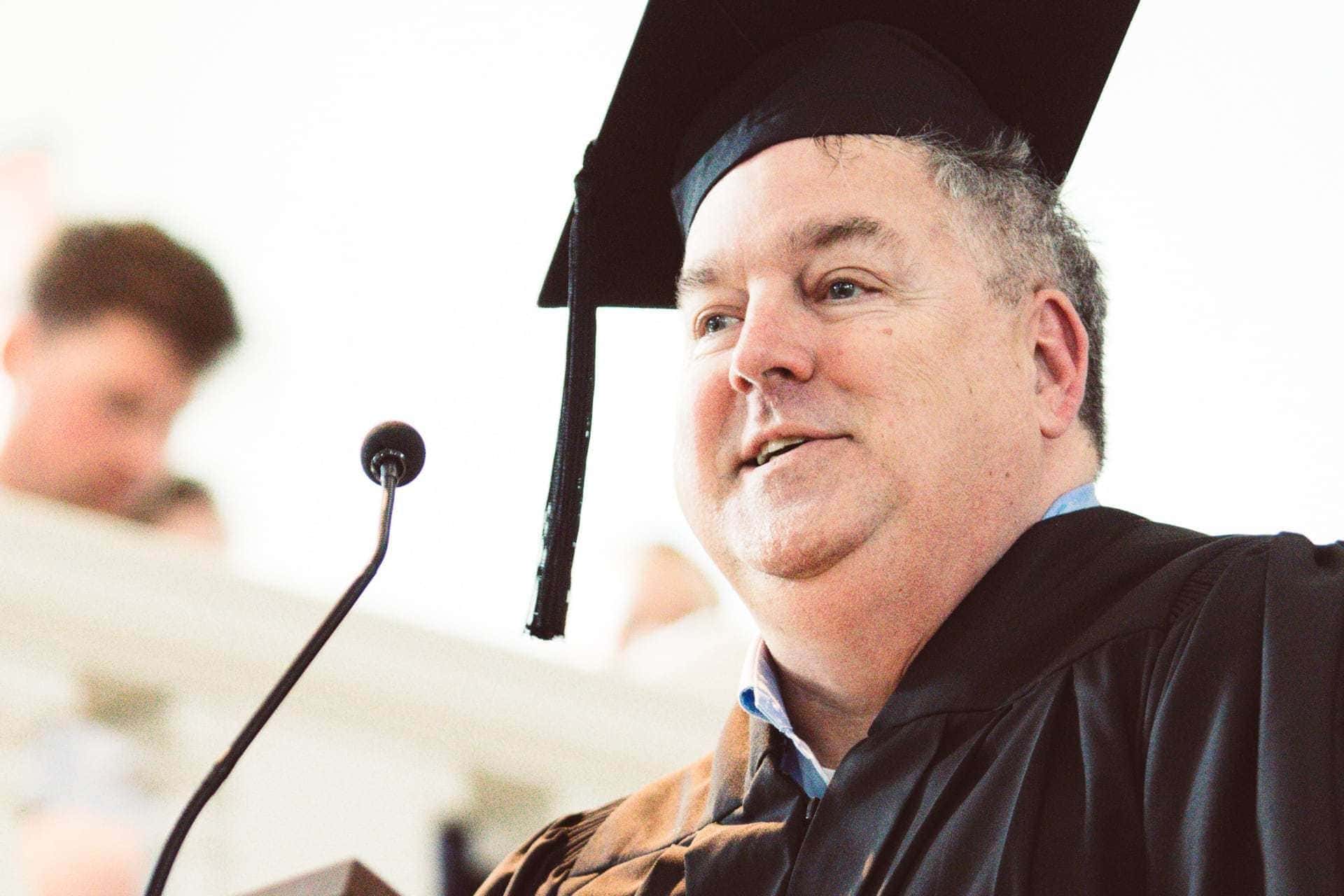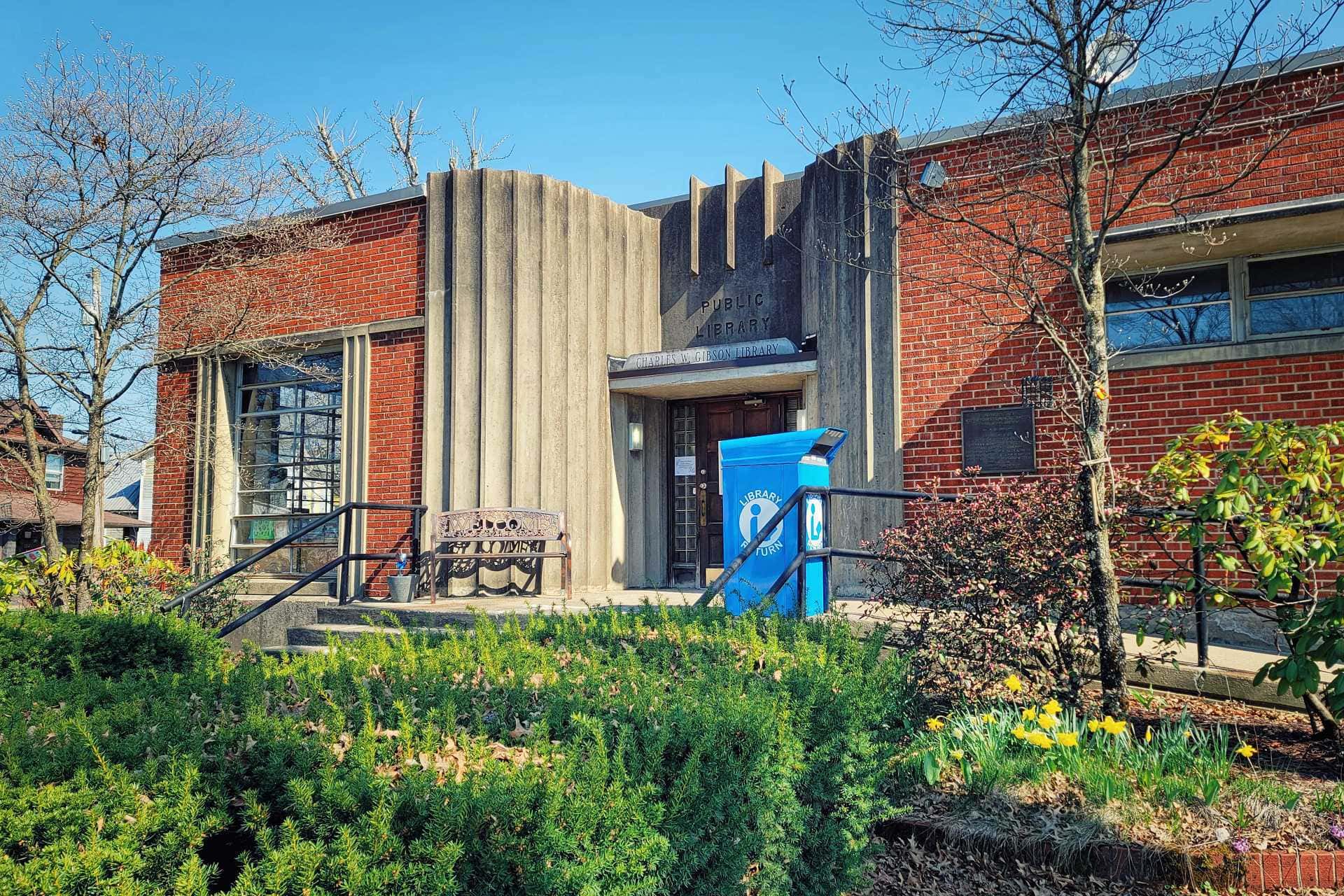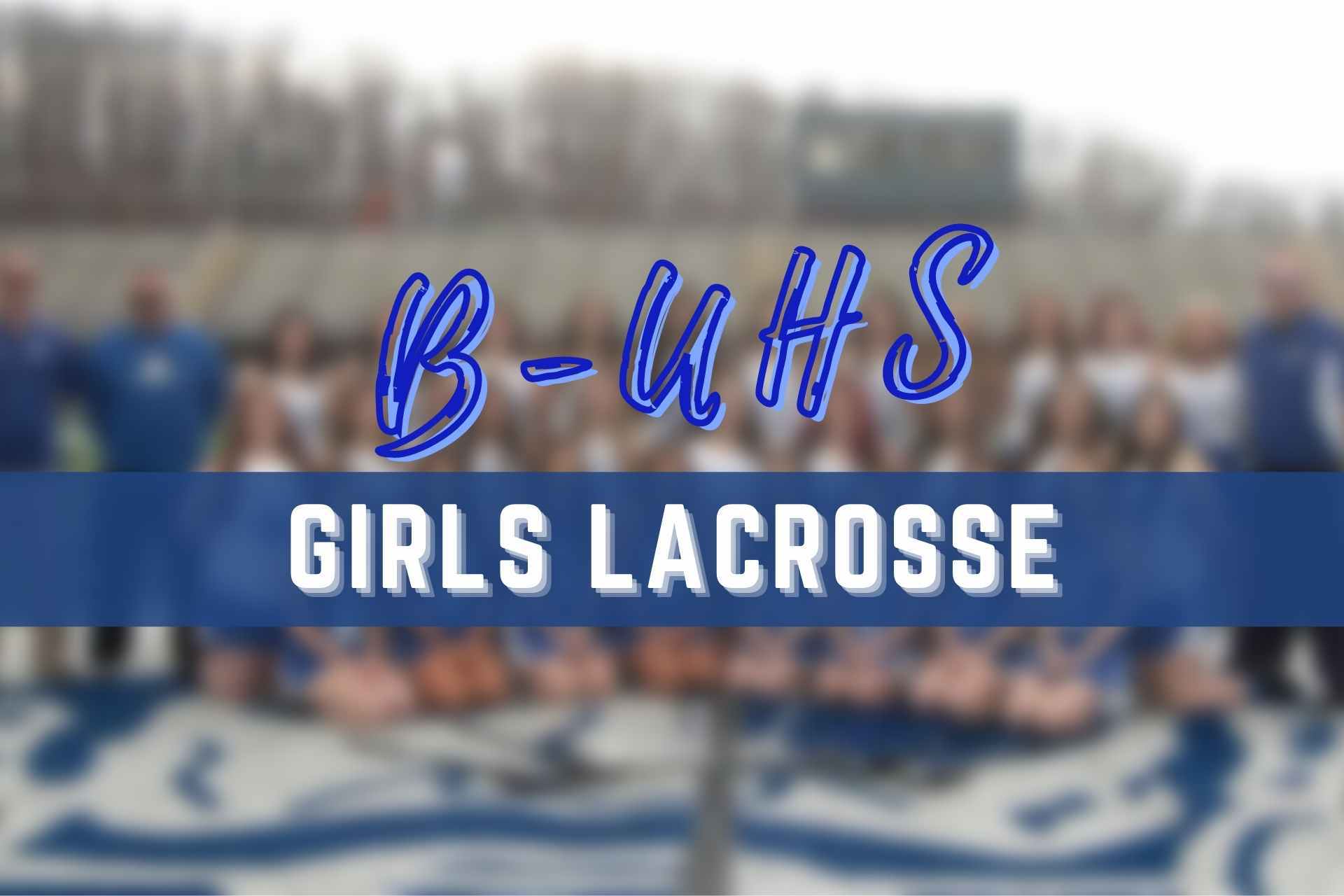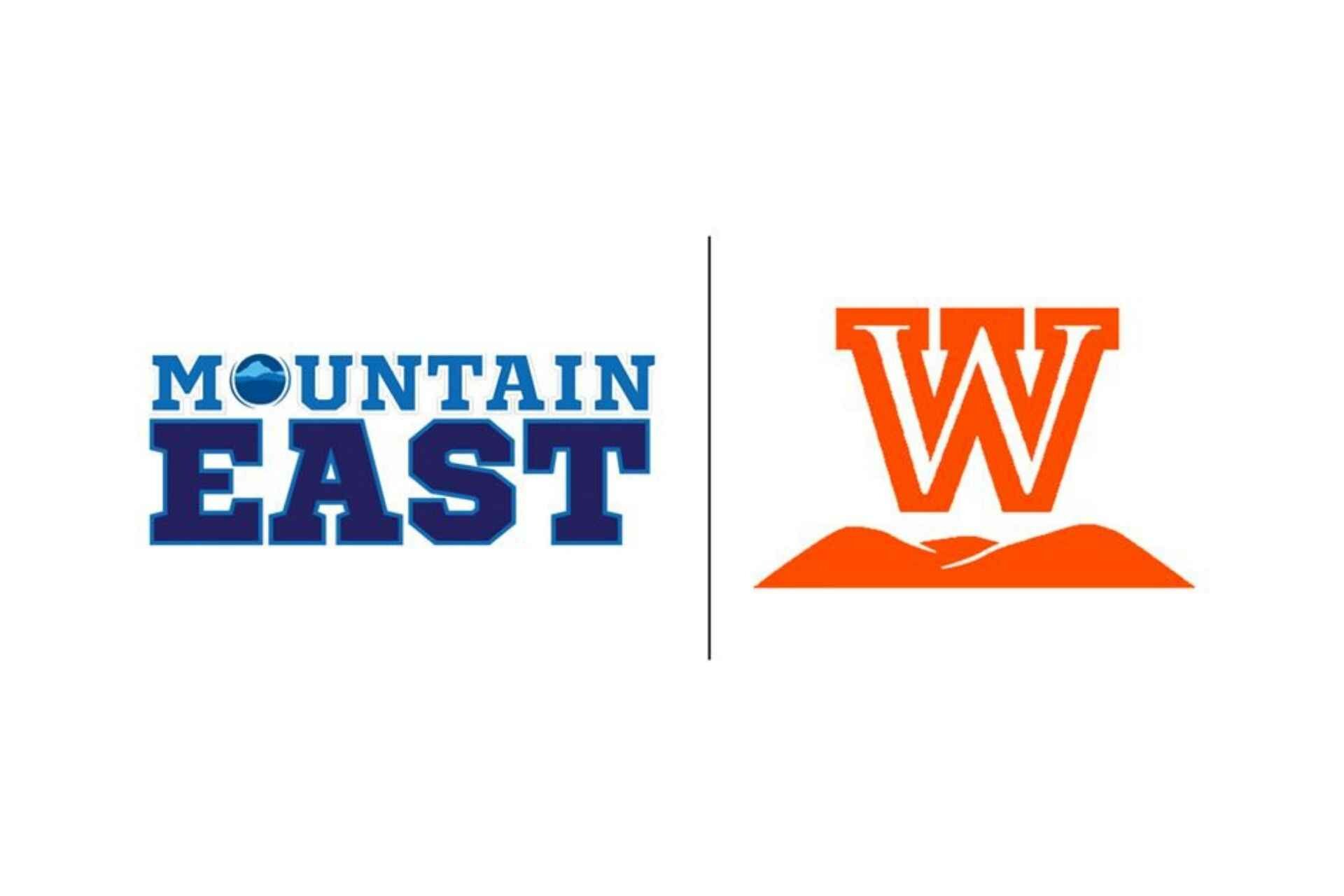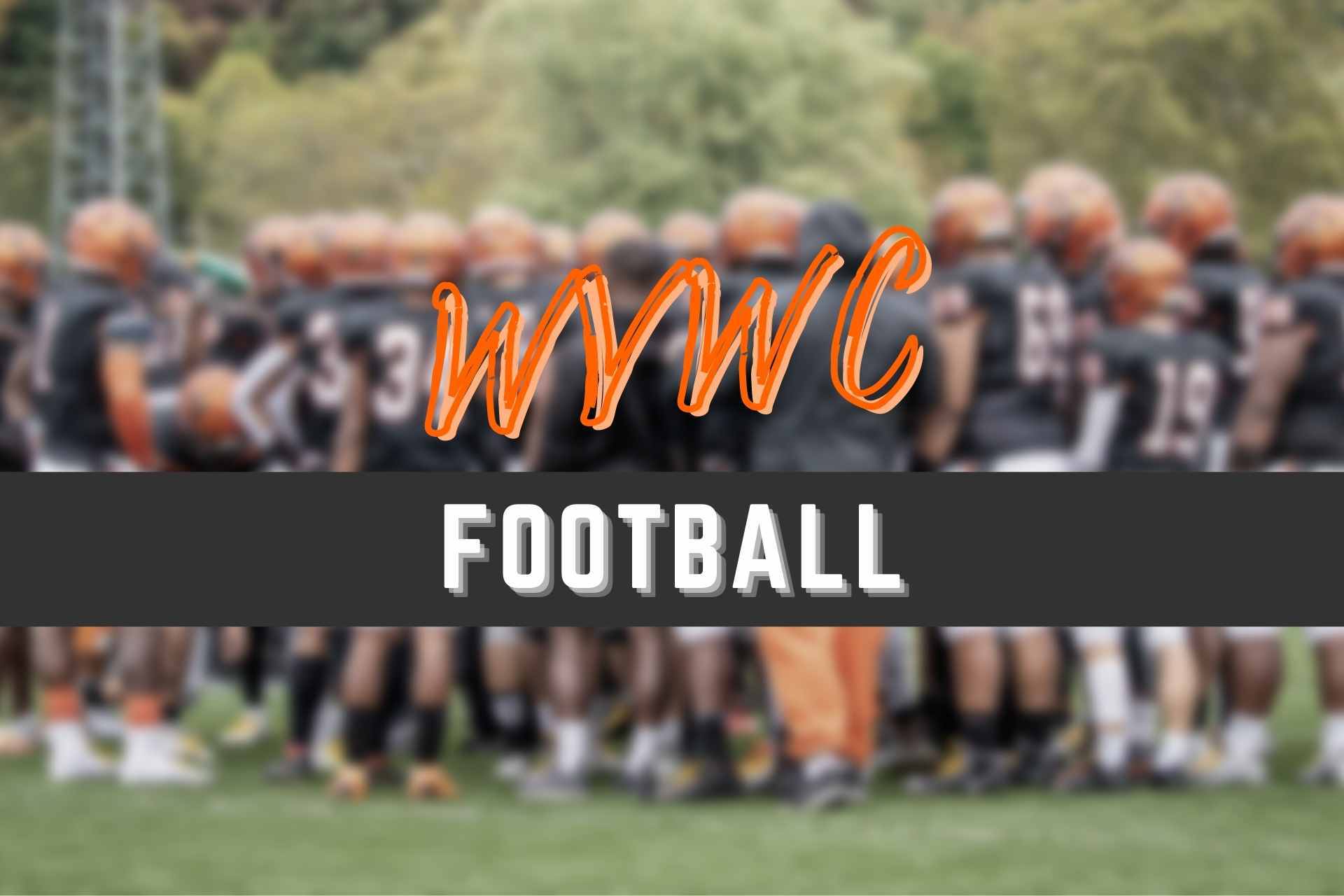BUCKHANNON, W.Va. – If it’s not broken, then break it.
That was the message delivered by John Taylor during the annual Founders Day Convocation at West Virginia Wesleyan College’s homecoming Friday.
“Higher education is changing, with or without us,” Taylor said. “Resisting it is like standing on the beach and trying keep the tide from coming in. Truly successful organizations accept the change and harness its power.”
Taylor is a living embodiment of his words. A 1980 graduate of Wesleyan, he spent his professional career at companies operating on the cutting edge of the information age, from his early years at MCI Telecommunications (later acquired by Verizon) to the 16 years he spent at CodeRyte applying artificial intelligence to medical records. He also worked at Qwest Communications and most recently served as the CFO/COO of Inspire Inc., a health-based social media company with two million users.
“For decades, higher education has enjoyed a safe harbor,” Taylor said. “It has essentially been immune in a time of upheaval that we’ve seen in most other segments of our society … [But] across College Avenue, the world outside this beautiful campus is a very different place than what it once was, and it requires new ways of delivering on our core values.”
Taylor reflected on how the world has – and has not – changed since he last stood in Wesley Chapel.
“The last time I was in this sanctuary, 37 years ago, I was standing right there, and I was getting married,” Taylor said. “The place looks pretty much the same to me. I’m even married to the same woman.
“For nearly 130 years, West Virginia Wesleyan has provided our students with an environment to cultivate their ability to think, learn and grow … However, don’t let that nostalgia fool you into thinking things never change. They have changed, they are changing and they must change. In fact, it is my belief that the next 20 years will make the last 20 years look like we were standing still.”
He gave an example of how the world transformed in a major way just after he graduated from Wesleyan.
“My senior year, I took a class in the business department called Business Machines,” Taylor said. “In it we learned to operate the kind of adding machines and tabulating devices that were used by many businesses at the time. I graduated in 1980. IBM introduced the PC in 1981. I never encountered one of those big, clunky machines outside of that class.
“Amazingly, I spent my entire working career in industries that didn’t even exist on the day I graduated. It gets better. Each of the firms that I worked at didn’t exist on the day that I started at the previous one. How can that be? I’ve asked myself that many times. I was totally prepared for 1979. But it never happened. It was the soft skills that enabled that path.”
Those soft skills – the ones provided by a diverse liberal arts education – allowed Taylor to thrive in industries that embraced the ‘break it’ culture he first experienced at MCI.
“We would rather obsolete ourselves than have the market do it for us,” he said. “As you can imagine, an education that is solely focused on technical training has a very short shelf life.”
“Don’t misunderstand me, I’m not suggesting that our liberal arts traditions are no longer relevant and need to be abandoned,” he emphasized. “In fact, I’m advocating for the opposite. Our type of education is in greater demand than ever. We must explore new ways to teach it.”
Critical thinking, communication and collaboration are the abilities modern businesses value in employees.
“Those traits will not and cannot be automated,” Taylor said.
When Taylor looked back on his Wesleyan education, the experiences that stood out were not those that would directly relate to his professional life, but the ones in which he struggled but preserved, like literature and athletics.
“I was forced out of my comfort zone,” he said. “I was practicing how to think and learn in new situations. Wesleyan will need the support of this community as it moves outside its comfort zone. The liberal arts core is needed now more than ever… Our challenge will be to evolve in how we teach it.
“We’re lucky, because here at Wesleyan we have some great people focused on this mission. They are breaking it, and they will solve this problem.”
